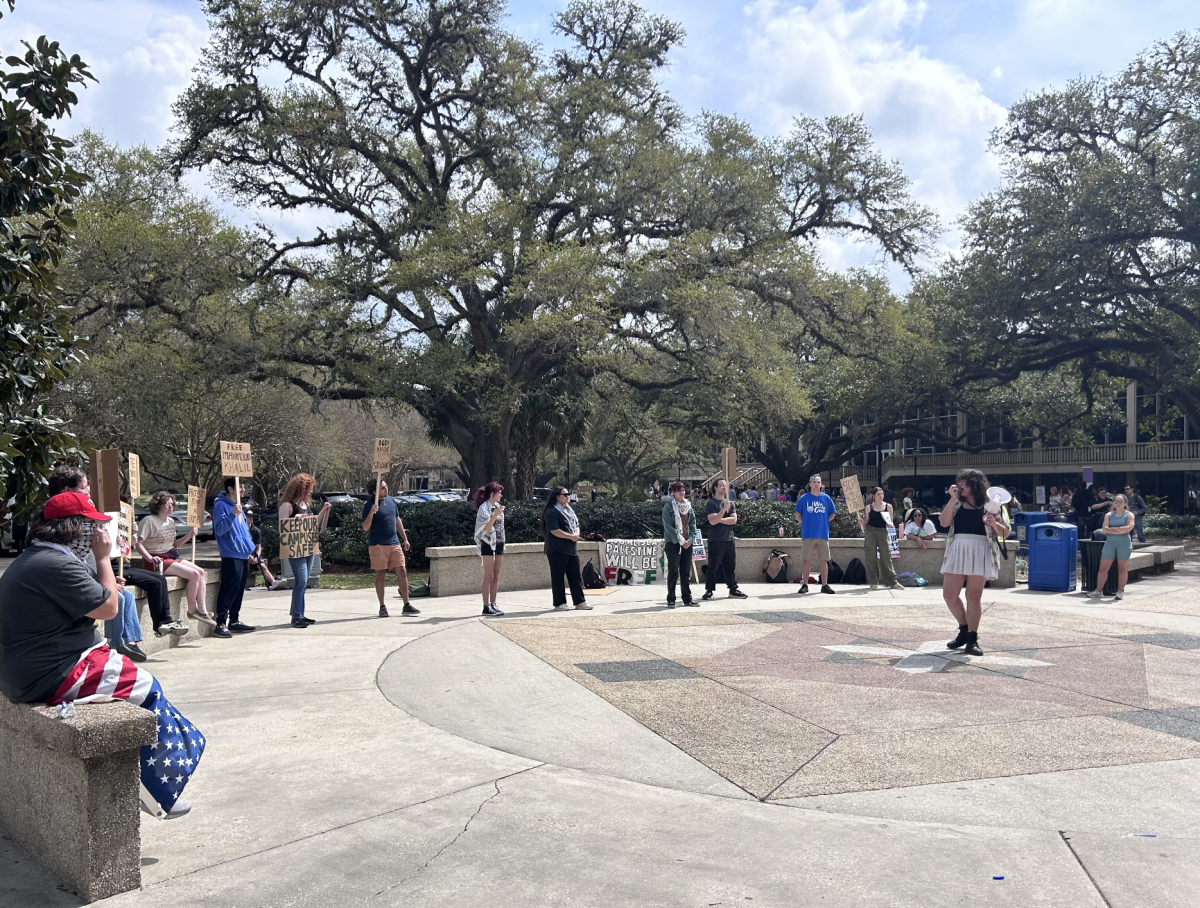The University’s drive for a diverse student body continues as graduate programs this fall show a 42.1 percent rate of underrepresented students — the highest in more than 10 years.This is in stark contrast with this fall’s minority undergraduate rate of 20.2 percent. The fall also marked the highest graduate attendance rate since 1998 with 17 percent of the 28,194 students on campus enrolled in graduate and professional programs.Black students accounted for 8.2 percent of graduate students, Asian students account for 2 percent, Hispanic students are 1.8 percent and American Indian students make up 0.4 percent. Students of unknown or unrecorded race accounted for 6.2 percent, and nonresident aliens made up nearly 24 percent.The number of international students attending U.S. colleges in fall 2007 rose 7 percent from the previous year to 623,805, according to a Nov. 21 issue of the Chronicle of Higher Education — a trend which could account for the University’s large percentage of nonresident aliens.Women have outnumbered men in the graduate school for 10 years, and they outnumbered men this fall in 10 of the 13 academic areas with graduate programs. Eli Jones, dean of the E.J. Ourso College of Business, said with the slowed economy, interest in graduate programs is growing across the country for job security.William Worger, dean of the graduate school, said discrepancies between graduate and undergraduate diversity rates aren’t uncommon because undergraduate populations are indicative of a university’s location, and graduate populations are the result of recruiting. A program supported by the Louisiana Board of Regents and the Southern Regional Education Board provides 10 new fellowships per year to accredited Louisiana graduate programs for ethnic and racial minority students pursuing doctoral degrees. Each fellowship gives $20,000 per student per year for four years plus $5,000 per year for a three-year membership to SREB’s Doctoral Scholars Program.Worger said diversity has been of interest at the graduate school since 1990, but there has not been much activity directed at the issue before his arrival. He said increasing diversity in graduate programs is at the top of his agenda. His methods include obtaining information about all Louisiana students taking the GRE and sending out letters of invitation to students with appropriate credentials. But Worger is also looking outside the state for qualified students, and he recently attended a diversity fair at University of California, Berkeley, featuring underrepresented ethnic groups and women interested in graduate study. The Pre-Doctoral Scholars Institute, a summer program that began in 1996, invites undergraduates to participate in research projects with faculty and familiarize students with graduate work to generate interest in graduate programs. “PDSI demystifies the graduate process by allowing ethnic minority undergraduate students to come to LSU, work with a faculty mentor and complete a research project from start to finish,” Katrice Albert, vice provost of Equity, Diversity and Community Outreach, said in an e-mail. Next summer, Worger said the program will be joined with the orientation for incoming minority graduate students to foster “cross-generational mingling” and networking between the two groups. Albert said enrollment quotas for ethnic groups is illegal, but Worger said as a state institution the University should try to recruit talented students according to the diversity proportionate with Louisiana. “You want as much diversity as is reflected in the state in which you live,” Worger said. Worger worked at UCLA before moving to LSU, and he said Louisiana is unparalleled for ethnic and cultural diversity in North America.”I think we have to do a lot more,” Worger said. “But the graduate school can only be part of it.” Jones said the College of Business uses an all-encompassing approach to increasing diversity that includes a diverse faculty, retention programs and fundraising instead of specific goals.He named at least 10 general initiatives that need to be effected for success in diversity recruitment. At the top of his list was altering the mindset of the University.”You have to have leaders saying, ‘This is important,'” Jones said. Worger said support systems for graduate students attending the University are essential to increasing diverse enrollment in the future, and he intends to institute an effective graduate school association.Jones said projects like the Minority Business Program and the student-run Diplomats for Diversity help to recruit and retain minority students in business.He said a diverse faculty is essential to a business environment and helps in recruiting minority students. The College of Business is affiliated with the Ph.D. Project, an organization that works to increase the diversity of business school faculty. An E.J. Ourso representative is currently attending the organization’s diversity conference in Chicago.But Jones said diversity should not be the foremost goal in hiring and recruiting — credentials come first.”I’m not here at LSU because I’m an African-American,” Jones said. “If that was why I’m here, I wouldn’t have taken the job.”—-Contact Sarah Lawson at [email protected]
Graduate diversity highest in 10 years
November 19, 2008



